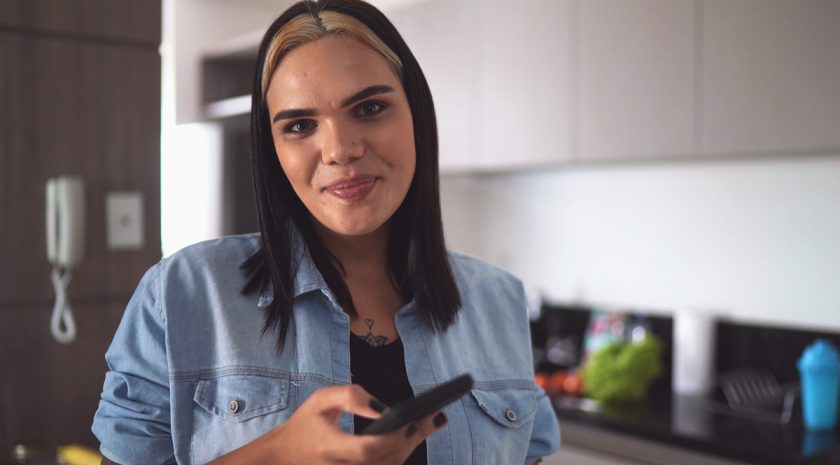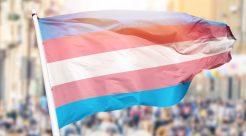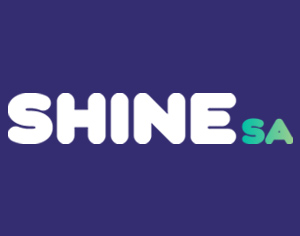
This article, written by Zac Cannell, Sexual Health Counsellor at SHINE SA was originally published in CRANAplus magazine, issue 121, 2021.
Working with diverse communities is something we, as health professionals, are trained to do, and something we strive to do respectfully. Supporting transgender, gender diverse and non-binary (TGDNB) individuals is a population we are seeing with increasing prevalence but an area where education and research is still developing. This may lead to health professionals not feeling confident in their role, potentially causing unintentional distress for the individual we are providing care to.
Thankfully there are several resources and services that come from a unique blend of academic and lived experience which provide support to practitioners in their work.
Services such as SHINE SA’s Gender Connect Country SA provide a peer-based telephone line that can offer support to people who identify as TGNB or gender questioning; people who are supporting those identifying as TGNB or gender questioning; professionals working with TGNB or gender questioning clients, students, or colleagues; professionals who would like to learn more about working with the trans, gender diverse and gender questioning community.
Key themes that are often the simplest to enact is shifting our day to day language to be more inclusive and is sometimes as easy as decreasing gendered language and assumptions.
For example, asking “do you have a partner?” in place of asking if they have a girlfriend/boyfriend is a simple and inviting technique demonstrating you are a safe person to disclose to if a person may have a gender diverse or same gender partner.
Other methods can include how we address collective groups. For example, “Good morning everyone” instead of “Good morning ladies and gentleman”. Gender is not limited to male and female and shifting to the wider collective wording includes more people without excluding others.
Language in health care however can be more complex. For example, often the medical programs we use have limited gender identifiers and prefix options, they may not allow for different names to be documented where a person may not be using their legal name, and if linked to Medicare then the program may not allow changes to be made until that occurs.
We can work around this by making changes to our intake and client registrations forms to note things such as:
- Name on Medicare card, and chosen name
- What pronouns do you use (he/she/they)?
- Do you identify as a gender different from the sex you where assigned or presumed at birth?
- How do you identify your gender?
Note that nowhere is anything referred to as a preference as these things aren’t a choice or concessional, and they are also inclusive of the intersex population who may have been medically assigned a sex at birth. You can then document these things on the client’s file and make notes for your colleagues also.
Working directly with the person is often about asking questions related to their health care only, and in a respectful manner. Sexual health for example is typically gendered and genital/reproductive health focussed.
SHINE SA has exemplified in their Fact Sheets how you can provide medically accurate health care without using gendered language. Trans Health SA has written several documents hosted under their ‘community-created resources’ tab that include lanuage guides, and Trans Hub (ACON) has a plethora of resources for practitioners. Communications is key and working with your patient/client collaborative, always results in better health outcomes.
Resources
Webinar: Introduction to Working with Transgender and Gender Diverse Clients
If you’re an allied health professional working in rural/regional SA, we have a webinar available to enhance your knowledge around supporting trans and gender diverse clients and community members.
Enrol in the Webinar here.









